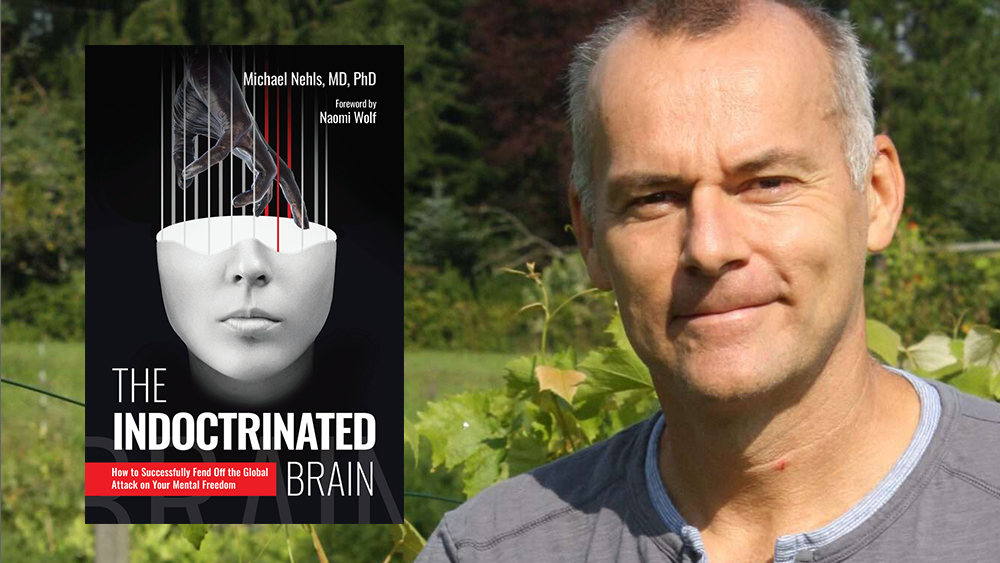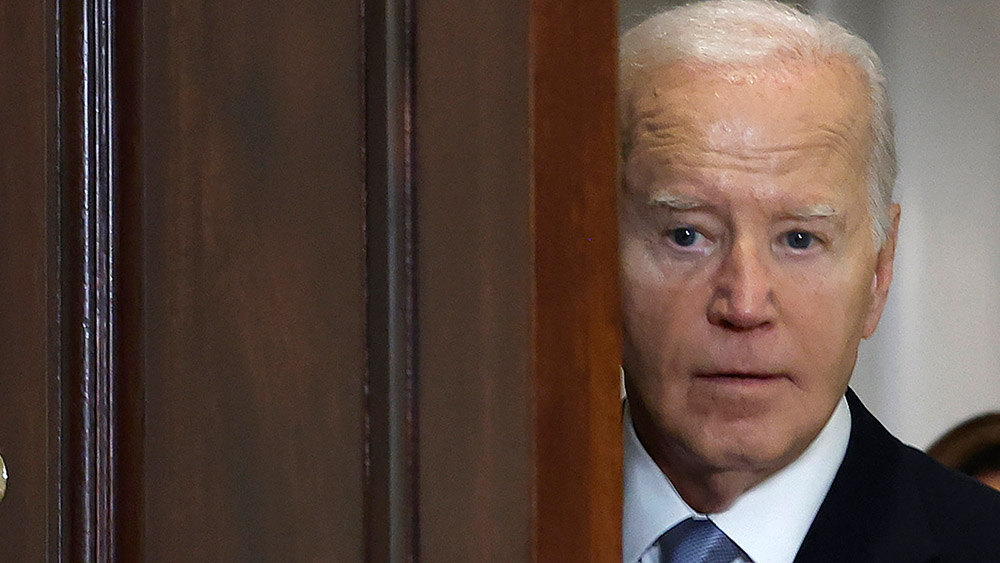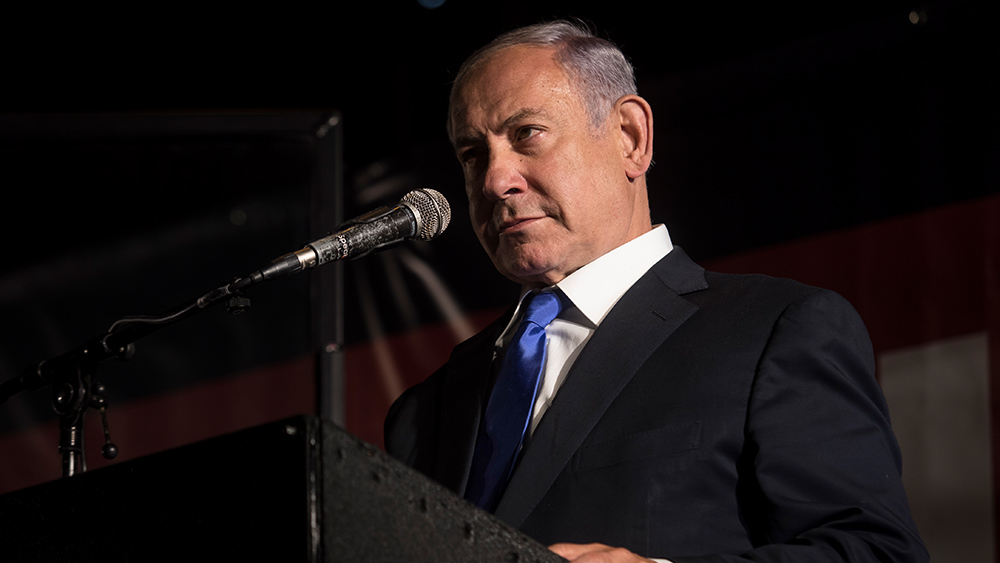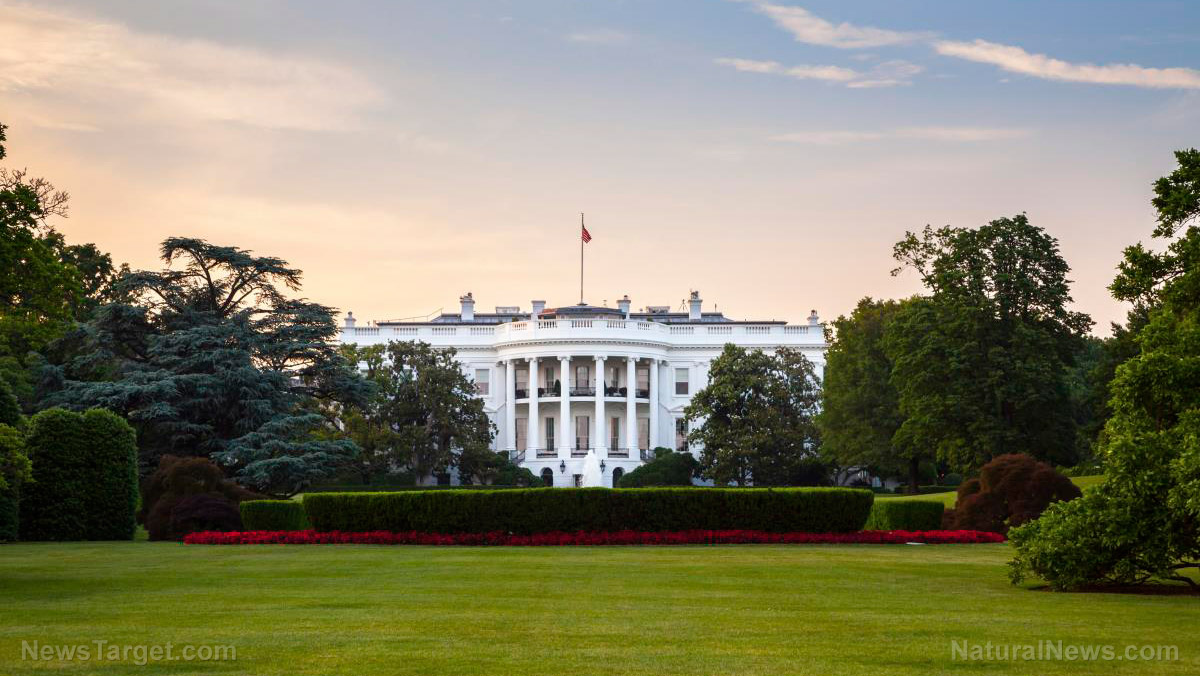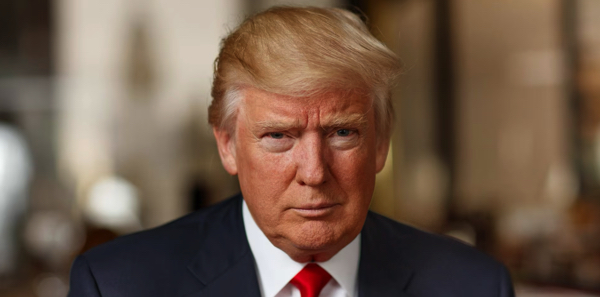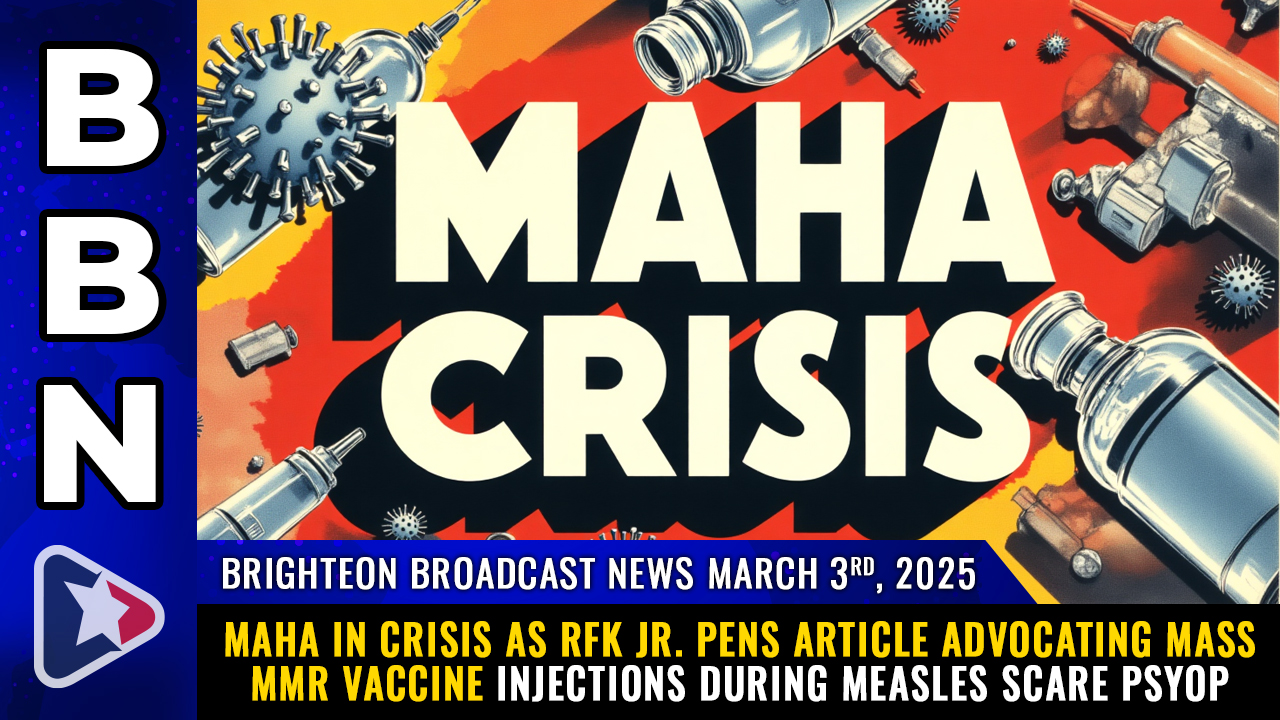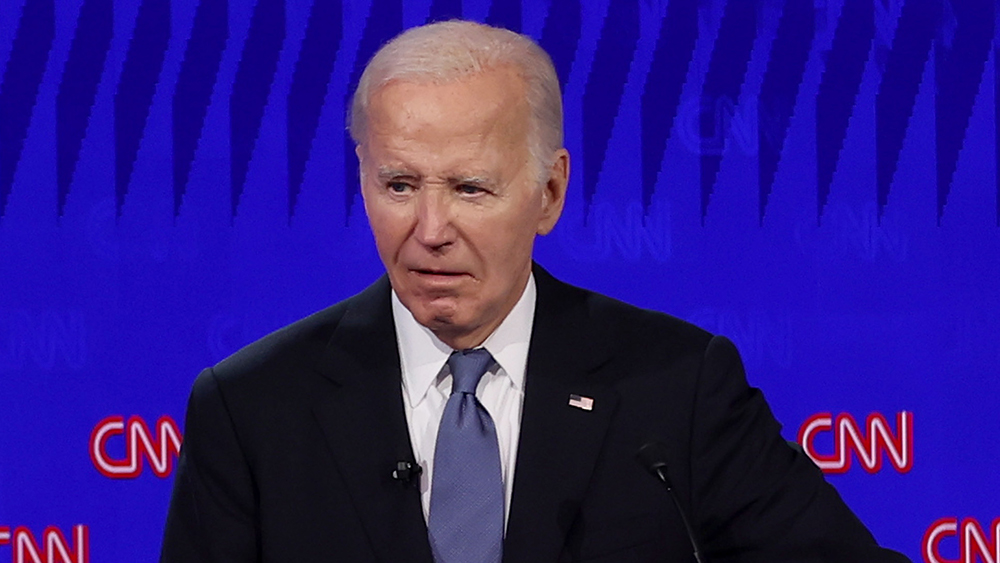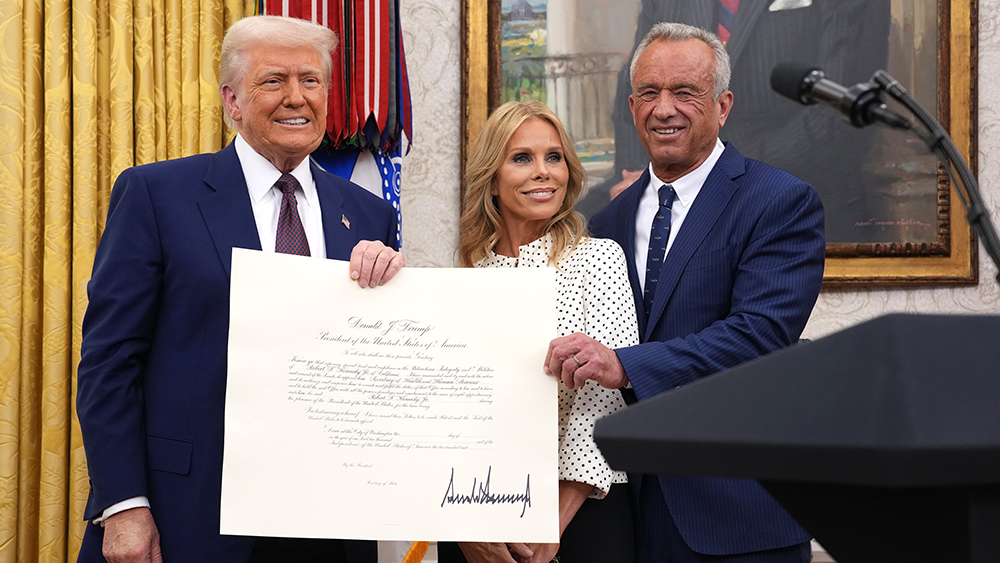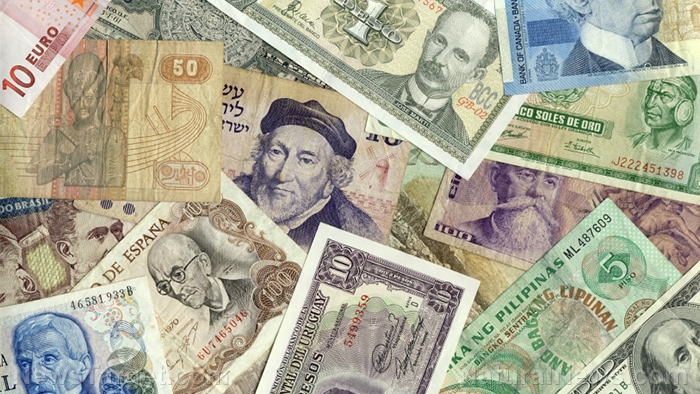Putin warns against terror, vows to continue “tough” peace stance amid Ukrainian infrastructure attacks
06/05/2025 / By Willow Tohi
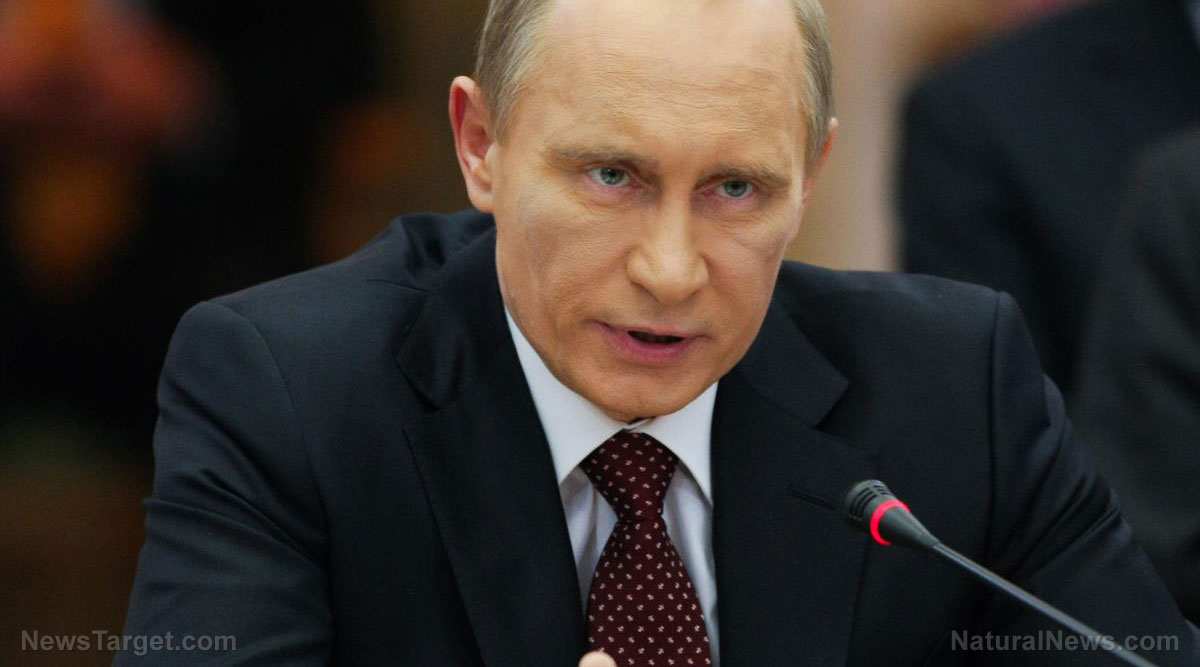
- Putin blames Ukraine for deadly bridge collapses in Bryansk and Kursk regions, labeling Kyiv’s leadership as “terrorists.”
- Bridge attacks linked to Kyiv, timed to disrupt peace talks, killed seven and injured 120 people.
- Putin dismisses Ukraine’s call for 30- to 60-day ceasefire, claiming it would allow Kyiv to rearm and regroup.
- Zelensky’s insult toward Russian negotiators (“idiots”) fuels Putin’s allegations of Ukrainian corruption and lacking “political culture.”
- Ukraine’s recent drone strikes targeting Russian airbases, though unmentioned by Putin, signal escalating asymmetrical warfare.
Russian President Vladimir Putin accused Ukraine’s leadership of orchestrating a series of “terrorist acts” on Russian soil, including fatal bridge collapses, to destabilize peace negotiations. Speaking at a televised government meeting on June 4, Putin claimed Ukraine’s sabotage in Bryansk and Kursk regions—where bridge failures killed seven and injured 120 people—was designed to derail diplomacy, with support from Kyiv’s Western allies. This marks a significant escalation in a conflict where words and actions have long blurred, as Moscow insists the Kyiv regime prioritizes power over peace.
“Terrorist regimes and accomplices”: Putin labels Kyiv’s actions a threat to civilians
The bridge attacks, which unfolded hours before scheduled Russia-Ukraine talks in Istanbul on June 2, formed the centerpiece of Putin’s remarks. He argued that Ukrainian leaders had deliberately targeted civilian infrastructure, calling the strikes “a conscious blow against the Russian population,” including women and children. Putin emphasized the attacks were engineered to “intimidate Russia” and sabotage negotiations, charging Western nations for enabling the regime’s “degradation into terrorism.”
“The current Kyiv regime does not want peace at all,” Putin said. “Power is more important to them than peace or human life.” His tone carried hardened resolve, reflecting Russia’s view of Kyiv as a fracturing opponent clinging to relevance through violence.
Ceasefire or crises? Kyiv’s proposals rejected, asymmetric warfare intensifies
Days before the Istanbul talks, Ukraine proposed a 30- to 60-day ceasefire and a high-level summit to resolve the five-month-old war. Putin dismissed both, citing Ukraine’s reliance on terrorist tactics to “regroup and receive more arms.” He criticized Zelensky’s demand for an unconditional truce, arguing Kyiv would exploit any pause to “pump Western weapons and stage more attacks.”
Kyiv’s recent drone strikes in Operation Spiderweb—an unaddressed detail in Putin’s speech—highlighted asymmetrical warfare’s growing role. The June 1 attacks, which targeted Russian bomber aircraft worth billions, demonstrate Kyiv’s shifting strategy toward disrupting Moscow’s supply lines. Yet, Putin’s focus remained on the bridge attacks, refusing to acknowledge Ukraine’s military gains as legitimate battlefield moves.
“Political culture” debacle: Zelensky’s words fuel Kremlin rhetoric
Zelensky’s May 2025 remarks further inflamed tensions. When Russia proposed a brief ceasefire to retrieve soldiers’ bodies, Zelensky dismissed the plan as futile, calling Moscow’s negotiators “idiots.” Putin seized on the comment, accusing Kyiv of lacking even “basic political culture.”
“Negotiations with terrorists produce nothing,” Putin stated. “We’re dealing with people who cannot even speak civilly to their counterparts.” The rhetoric underscored a deeper divide: Kyiv’s demand for unconditional talks versus Moscow’s insistence on Kyiv’s surrender of contested territories as a pre-negotiation condition.
Fake calls for peace: From ceasefires to “disinformation” battles
This latest chapter follows months of stalled diplomacy. Early 2025 talks in Turkey collapsed over Ukraine’s rejection of Moscow’s territorial demands, with Zelensky declaring peace only possible with Russia’s withdrawal from all annexed lands. Meanwhile, Russian state media intensified accusations of Ukrainian “attacks on civilian life,” framing Kyiv as a puppet of Western warmongering.
Ukraine’s drone campaigns signal a strategic shift, targeting Russian infrastructure far from the front. While Putin ignored the strikes in his speech, analysts note their impact on Moscow’s military morale—a critical vulnerability as battlefield losses mount.
The dialectic of destruction: Why words might not matter anymore
As Kyiv and Moscow spar over terms like “terrorism” and “ceasefire,” ordinary lives pay the price. The bridge victims, fallen soldiers and civilians displaced by escalating raids underscore a conflict no leader seems willing to end decisively. Putin’s stance—combining rhetorical defiance with battlefield tenacity—lights little hope for diplomacy.
Yet Ukraine’s survival hinges on Western arms and global solidarity, while Russia’s isolation deepens. With Zelensky absolutely rejecting any settlement without sovereignty, the cycle continues: each “peace effort” becoming a reminder of the futility of dialogue without power parity.
In such a stalemate, the world watches—and waits—to see whether terrorism or diplomacy will shape the next chapter in Europe’s bloodiest war since World War II.
Sources for this article include:
Submit a correction >>
Tagged Under:
big government, chaos, Collapse, Dangerous, depopulation, government debt, humanitarian, military tech, national security, Putin, Russia, terrorism, traitors, Tyranny, Ukraine, violence, weapons technology, WWIII, Zelensky
This article may contain statements that reflect the opinion of the author
RECENT NEWS & ARTICLES
COPYRIGHT © 2017 CONSPIRACY NEWS




